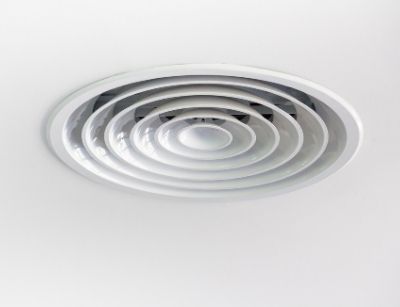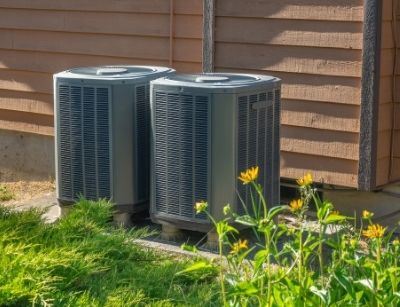What Is the Meaning of the Term “HVAC”?
Most everyone knows that HVAC stands for Heating, Ventilation, and Air Conditioning, but their knowledge usually ends there. They know the general terms and that they need to call an HVAC company when their air conditioner stops working or the heater is on the fritz. But there’s more to HVAC than the average homeowner knows. And this is one of those cases where knowledge is power. The more one knows about HVAC and its deeper meaning, the better prepared they’ll be when they inevitably have to deal with some HVAC issue. So read on to find out all about HVAC.
All About Heating
H is for heating, and heating can be done in a vast number of ways. Several different heating systems fall under this term, and each comes with its own set of issues and common problems. In general terms, heating is self-explanatory. A heater’s function is all about keeping the home at a comfortable temperature when it’s cold outside.
Some common heating systems involve boilers. These machines typically use gas to heat water, which is then transported around the house, providing radiant heat to the air. Sometimes, instead of water, steam is used. Another major type of heating system is called a furnace. Furnaces also usually use natural gas to heat air which is then moved around the house through the ventilation system.
All About Ventilation

Ventilation is a significant part of the HVAC system. The purpose of ventilation is to move the heated or cooled air around the home or building. But there are several different parts that make this system work. These include the air filters, the air return, ducts, and blower. The filters help keep the air in the home or building clean. The air return pulls air through a filter and brings it through into the system, which is essentially the beginning of the process.
Ducts run throughout the house and allow the heating and air conditioning systems to keep sections or zones in the house comfortable. Ventilation is also important because it’s a major player in removing moisture from the air inside. Without ventilation, it would be nearly impossible to control the humidity inside a home or building.
All About Air Conditioning

The AC in HVAC stands for Air Conditioning. Most homes have a split system, meaning there’s an indoor unit and an outdoor unit. The major components of the outdoor unit include the condenser, fan, and compressor. The evaporator coil and expansion valve are usually located in the unit inside the home. These two units work together to remove warm air from inside the house and transport it outside while bringing cool air inside.
Without the AC, the ventilation system couldn’t remove the humidity from inside the house. But not all AC systems are designed like this. Commercial AC systems are designed to be placed in a single unit, usually placed on the roof. This allows techs to perform maintenance and repairs in one place. It also eliminates noise pollution that sometimes comes along with split AC systems.
About Gresham Heating and Air Conditioning
Gresham Heating and Air Conditioning have been serving Gresham, OR, since 1992. They pride themselves on a fast response and always honest recommendations. They also provide up-front pricing and no-pressure service. Contact them today to schedule reliable heating and cooling services in Gresham, OR!

